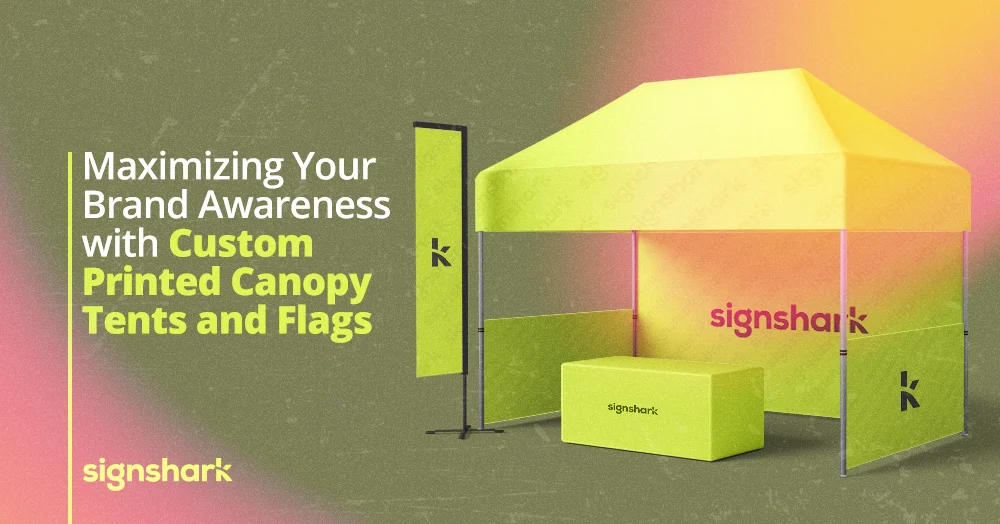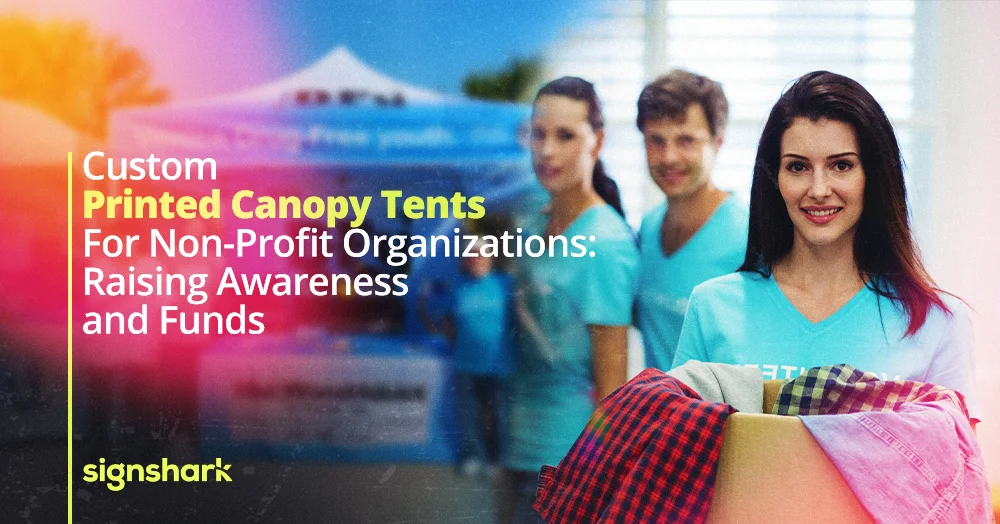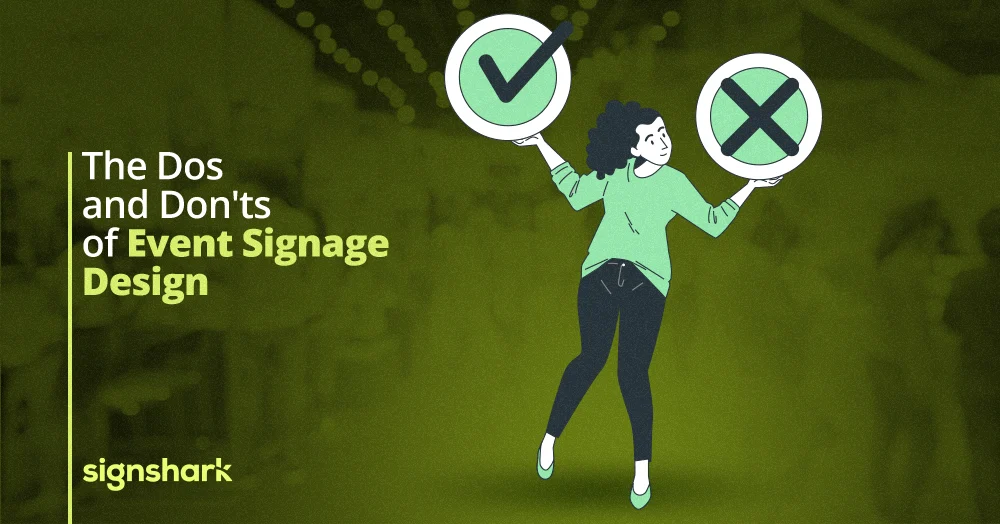
Effective event signage design is crucial for creating a memorable and engaging guest experience, promoting your event, and enhancing your brand's reputation. In this post, we will discuss the dos and don'ts of event signage design to help you create effective and impactful signage for your next event.
Research Relevant Keywords
Research relevant keywords related to event signage design and effective event branding. Incorporate these keywords throughout the post to optimize it for search engines and improve its visibility to potential readers.
Choose a Descriptive Title and Meta Description
Choose a descriptive title and meta description that highlights the dos and don'ts of event signage design. Use descriptive language to grab the reader's attention and encourage them to click through to your site.
Use Examples or Case Studies
Using examples or case studies can help illustrate effective and ineffective signage design practices and provide actionable tips for readers. Incorporate relevant statistics or case studies to support the importance of effective signage design.
Organize Your Content
Organize your content using descriptive headings and subheadings to make it easier for readers to navigate and digest. Use bullet points, lists, or tables to present information in a clear and concise way.
Include Internal and External Links
Include internal and external links to related content that adds value for your readers and encourages them to engage with your site further. This can help improve the credibility and authority of your site and increase reader engagement.
Dos and Don'ts of Event Signage Design
Dos:
Keep It Simple
Effective marketing signage design should be simple, clear, and easy to read. Use a limited color palette, clear fonts, and minimal text to ensure that your message is easily understood.
Use High-Quality Images and Graphics
Using high-quality images and graphics can help grab the attention of attendees and create a memorable impression of your brand. Make sure that your images and graphics are relevant to your brand and messaging.
Make It Legible from a Distance
Effective event signage design should be legible from a distance, especially for attendees walking by quickly. Use large font sizes and bold colors to ensure that your message is easily readable from a distance.
Be Consistent with Branding
Consistency with branding is important to reinforce brand identity and create a cohesive and memorable brand experience for attendees. Use your brand's colors, logo, and messaging consistently throughout all of your event signage.
Don'ts:
Overcomplicate Your Message
Avoid overcomplicating your message with too much text or complex graphics. This can lead to confusion and a lack of understanding among attendees.
Use Low-Quality Images or Graphics
Using low-quality images or graphics can detract from the overall impact of your event signage and create a negative impression of your brand.
Make It Hard to Read
Avoid using small font sizes, complex fonts, or low-contrast color combinations that can make it difficult to read your event signage.
Be Inconsistent with Branding
Inconsistent branding can create a confusing and disjointed brand experience for attendees. Make sure to use your brand's colors, logo, and messaging consistently throughout all of your event signage.
Conclusion
Effective event signage design is crucial for creating a memorable and engaging guest experience, promoting your event, and enhancing your brand's reputation. By keeping it simple, using high-quality images and graphics, making it legible from a distance, and being consistent with branding, you can create effective and impactful signage for your next event. Remember to research relevant keywords, use examples or case studies, organize your content, and include internal and external links to provide additional value for your readers and establish your site as a trusted resource for event planners and marketers.

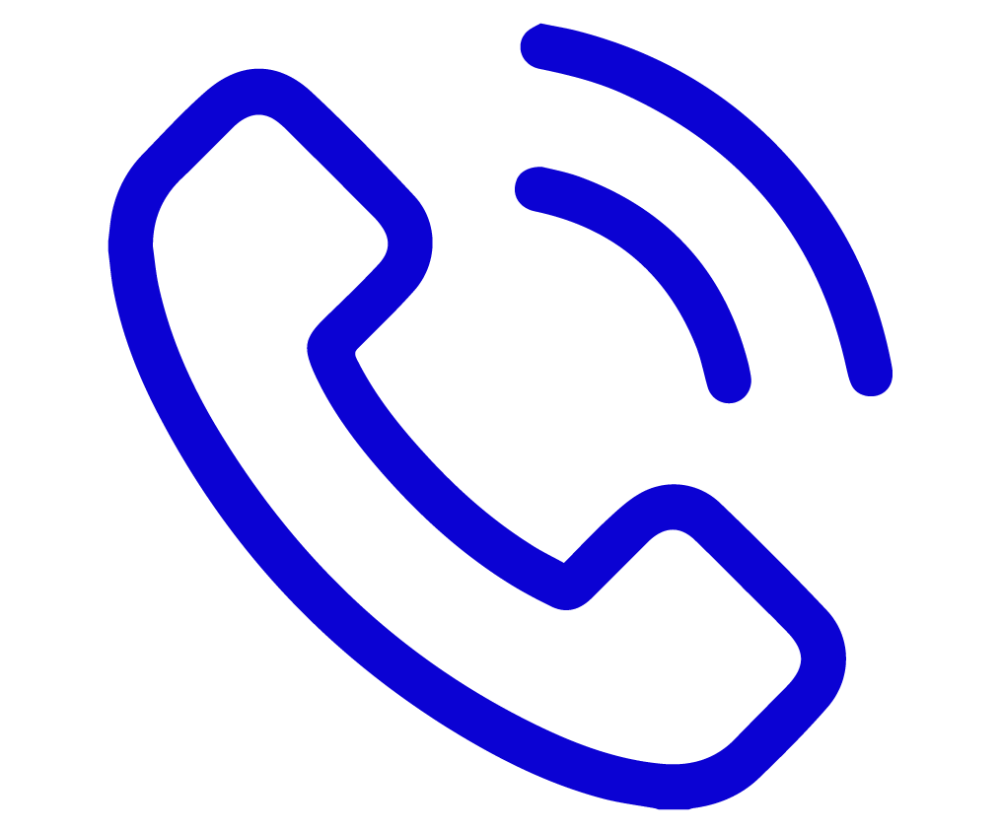

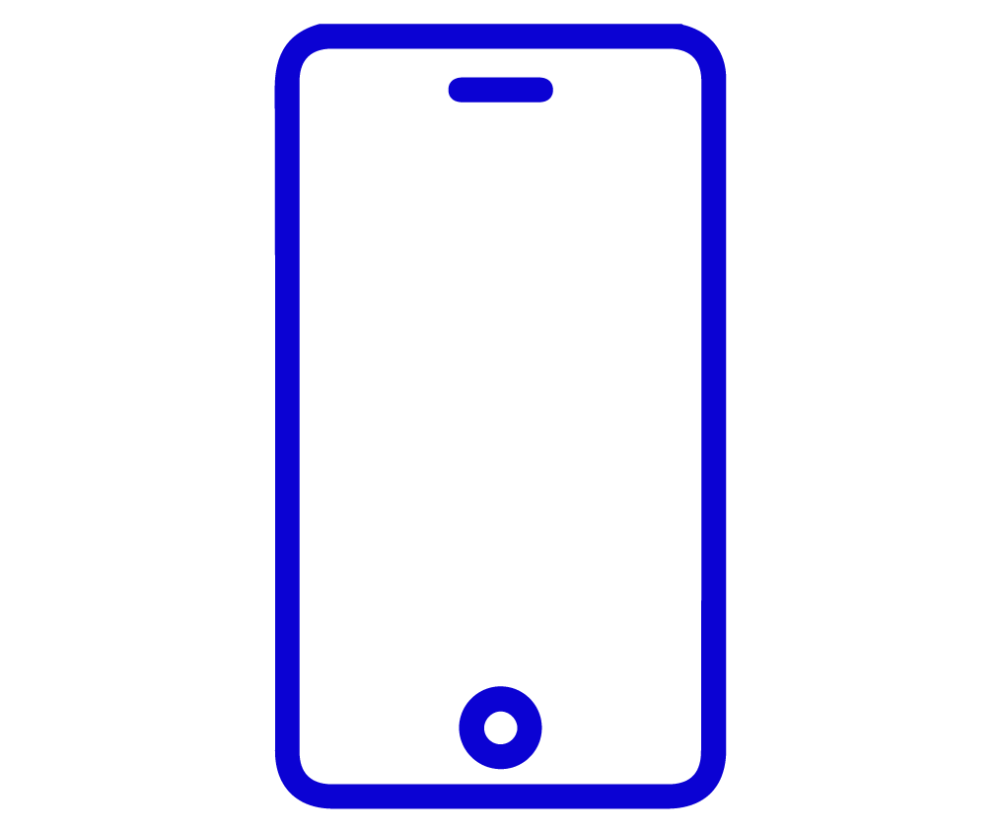


![Top Outdoor Event Sign Mistakes Blog [Updated 2024]](https://cdn-media.thesignshark.com/media/mageplaza/blog/post/t/s/tss189_mistakes_to_avoid_with_outdoor_signage_v1.webp)

